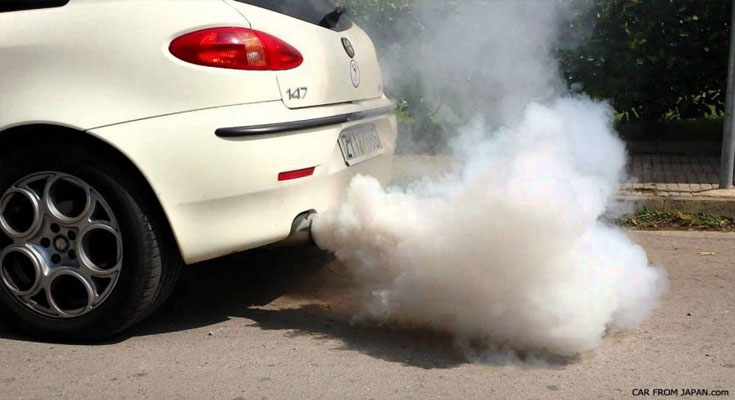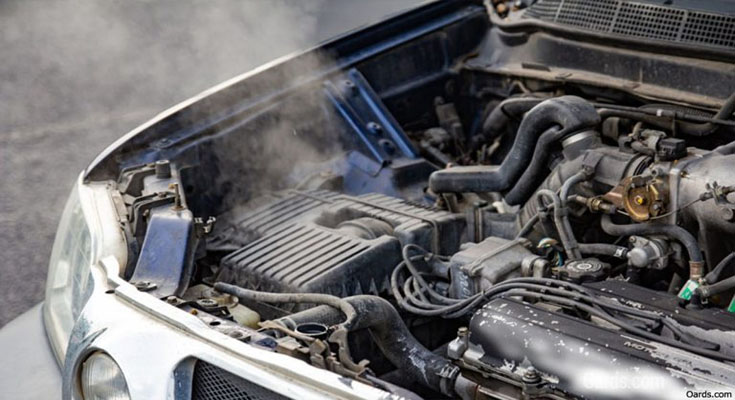When smoke billows out of your vehicle’s tailpipe, it usually means your engine is burning oil. I’m referring to the massive, dark plumes as opposed to the small white wisps attributable to condensation. The problem is that the root bring about from the oil burn can potentially be situated in quite a few areas. It might be due to a failing valve seal, pressurized oil pan, jammed PCV, or deteriorating piston rings.
Below, we’ll take a short look at each of these variables. I’ll explain how they contribute to an oil burn and outcome in smoke coming out of your automobile’s tailpipe.
Your Valve Seals Are Failing
Your engine’s cylinder head is situated directly above the combustion chamber. Many valves are contained within the cylinder head. Beneath standard conditions, every valve includes a seal that prevents oil from dripping into the combustion chamber. When the seals deteriorate, they’ll fail to …
View More Doable Causes Smoke is Coming From Your Car’s Tailpipe

